Why start now?
Limburg soil reveals more than you think.
Automate
A smart digital data model combines historical reports, current measurement data and permitting requirements so decisions are reached more quickly.
Integrate
We connect soil data with construction, environmental and water-management plans, ensuring everything dovetails, from cone penetration test to foundation.
Innovate
New PFAS analyses and drone-assisted drilling plans save time and minimise excavation.
Capitalise
Clear reporting makes a site's value tangible, speeding up negotiations with municipalities or investors.
A soil investigation is like opening an old photo album..
A soil investigation is like opening an old photo album.

A soil investigation is like opening an old photo album. Each borehole reveals a fragment of the past; together the images tell a story about safety, bearing capacity and opportunities.
What exactly will you discover?
From the first hand auger to advanced groundwater models, we create a complete profile. Contamination, settlement risks, phreatic level – it is all set out clearly in black and white.
Why Spartner makes the difference
Many reports stop at the analysis. We always add a concrete action plan, including a cost-benefit estimate and potential subsidies. That way you immediately know where you stand.
Sometimes reusing clean soil is sufficient,
sometimes excavation is unavoidable,
and occasionally remediation proves unnecessary – great for the budget!
Our approach in 5 steps.
A clear overview of the entire trajectory, from desk study to remediation or the green light.
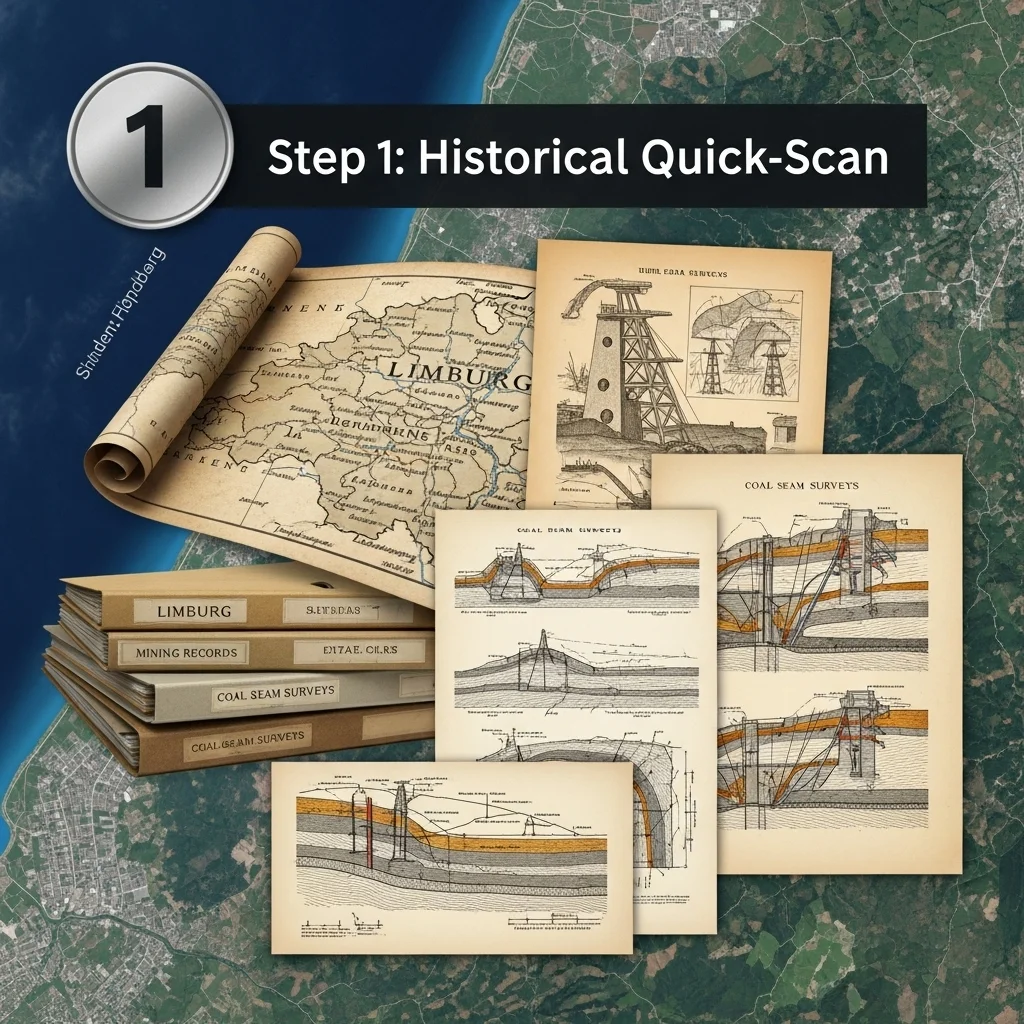
Step 1 – Historical Quick Scan.
We check municipal archives, Bodemloket and historic mining maps. That prevents drilling blindly into a former landfill.
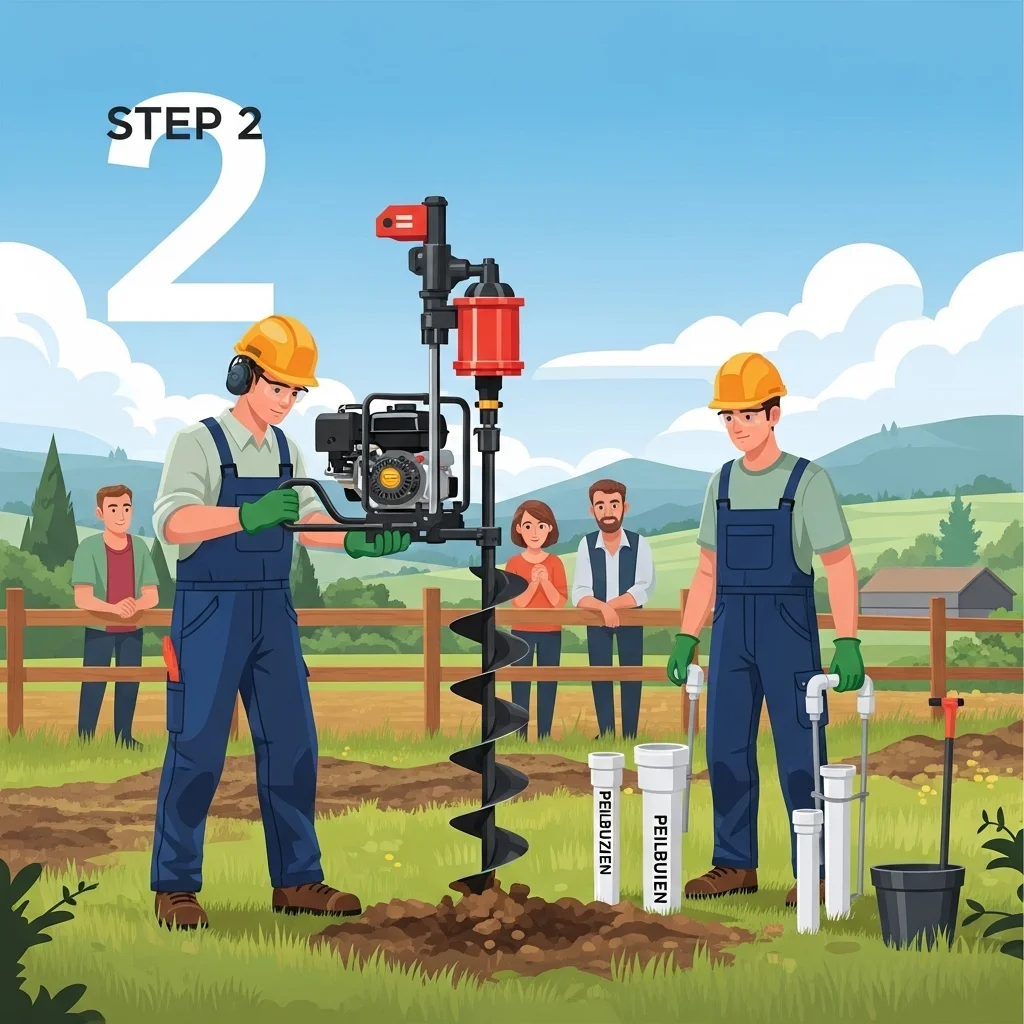
Step 2 – Fieldwork, No Frills.
Hand augers, monitoring wells and, where necessary, a CPT truck. Small teams, minimal disruption. Residents often drop by out of curiosity, so we always take a moment to explain.

Step 3 – Lab & Data.
Samples go to an accredited laboratory in Limburg. Analyses for heavy metals, hydrocarbons, PFAS – you name it. Every value is uploaded at lightning speed to a shared data room.
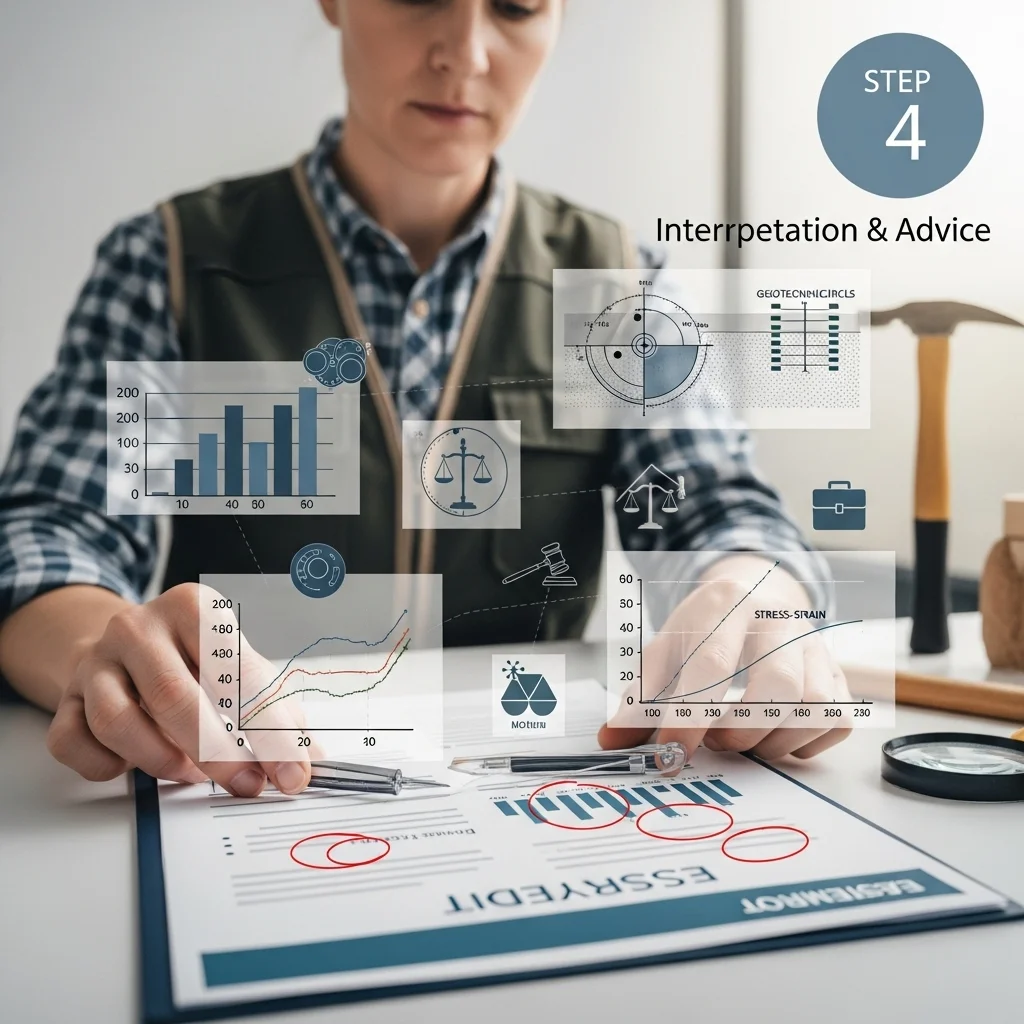
Step 4 – Interpretation & Advice.
This is where the magic happens: chemistry, geotechnics and legislation merge into one readable report. We even provide two versions: an executive summary for decision-makers and a technical bible for specialists.
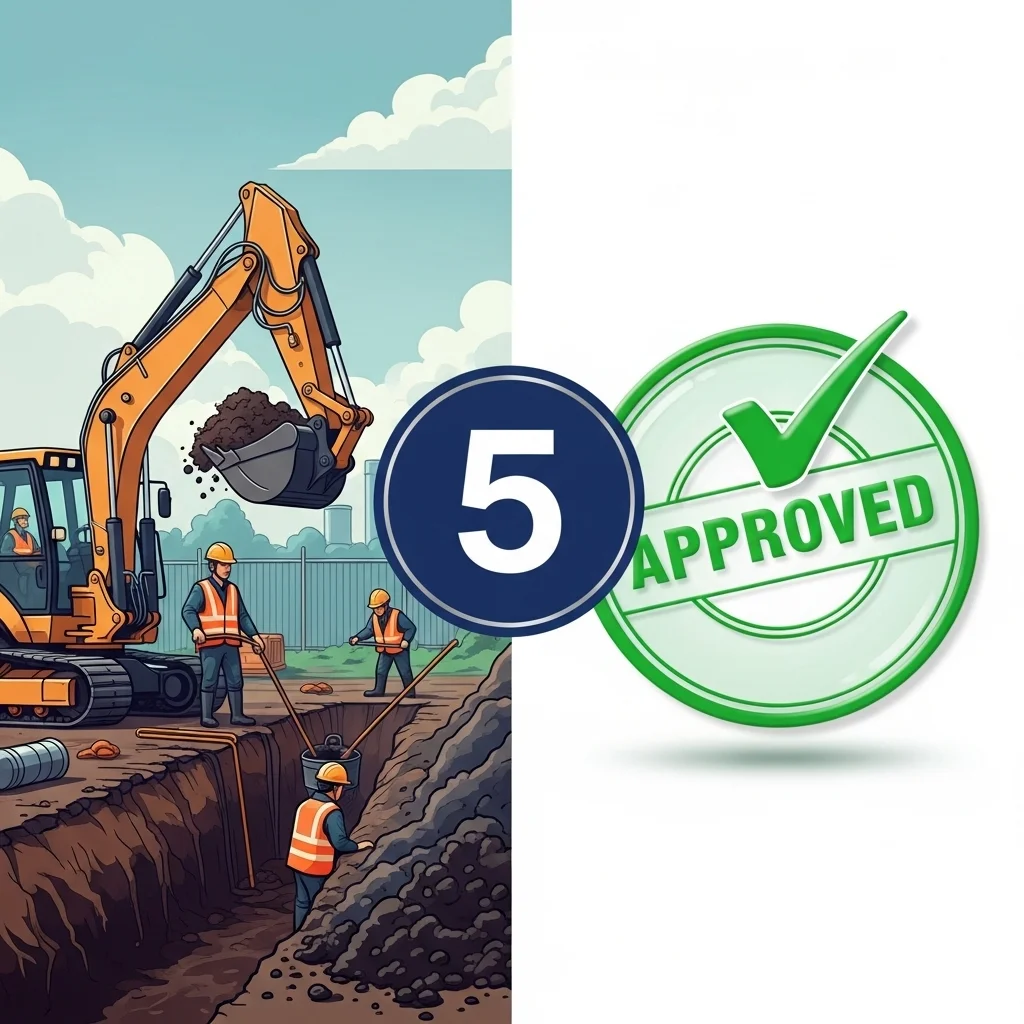
Step 5 – Action or Peace of Mind.
Is remediation required? Then we outline routes – in-situ, ex-situ or immobilisation. Is the soil clean? You receive the green light and peace of mind. Some clients keep our monitoring service afterwards, just to be sure.
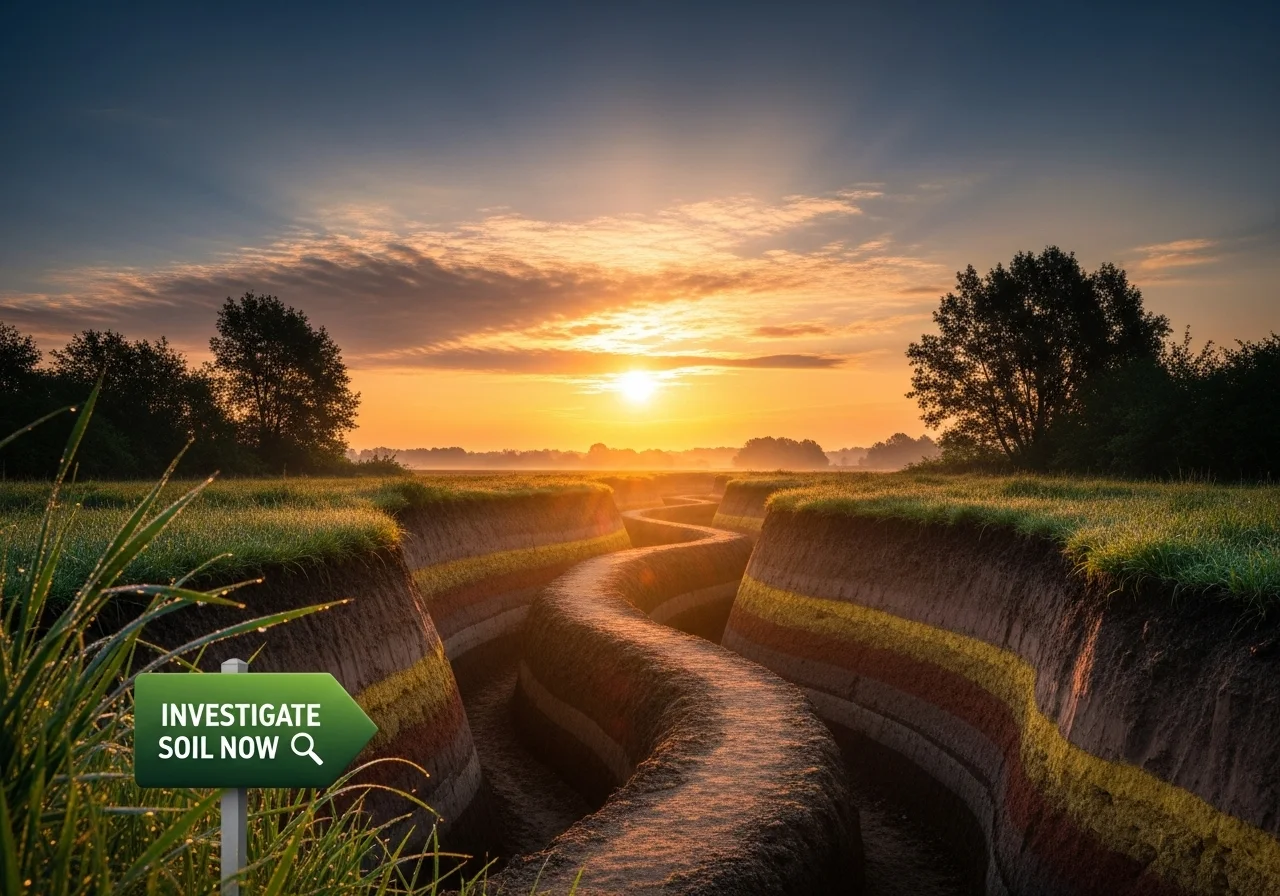

Ready to get to know Limburg soil?
Leave your details and we will schedule a no-obligation call straight away. No sales pitch, just an open conversation about goals, deadlines and the smartest approach to soil investigation in Limburg.
Limburg between Meuse and mine spoil
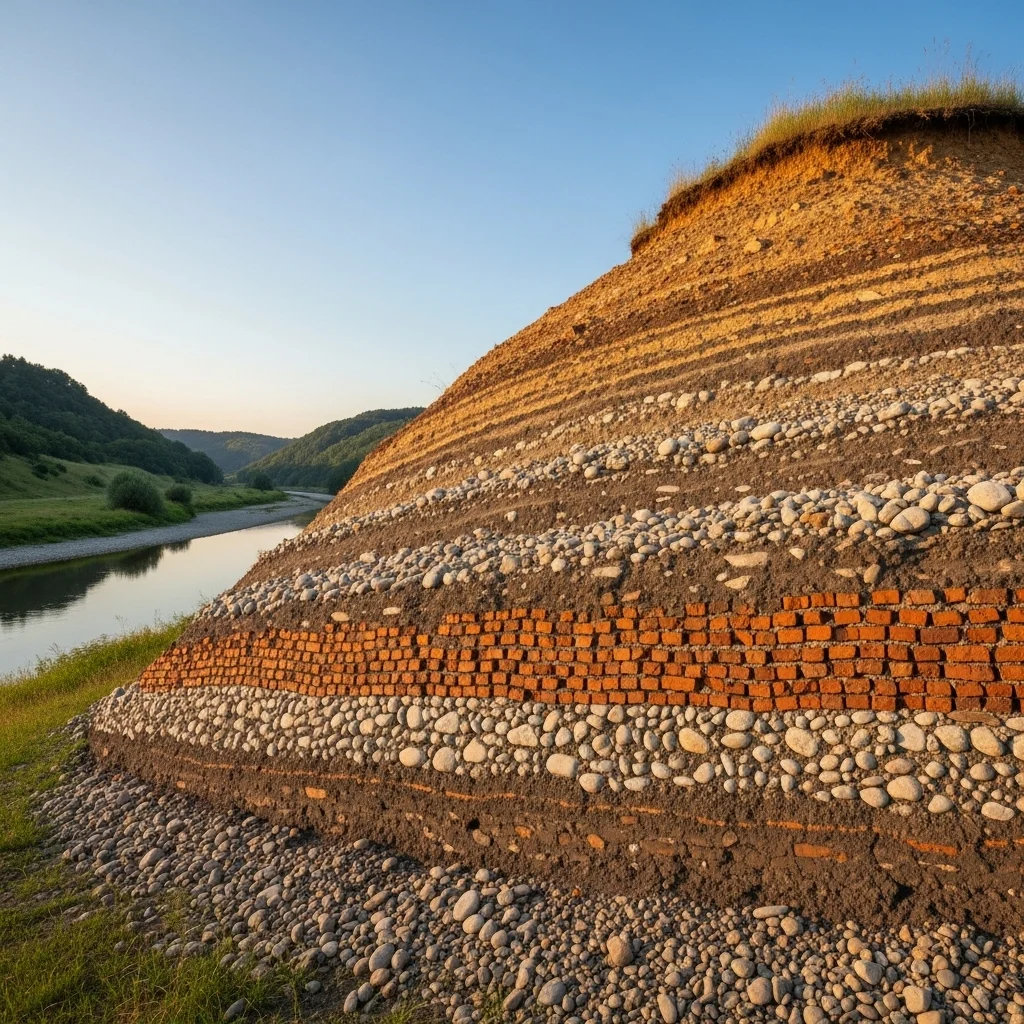
A philosophical look at soil that breathes.
Limburg features elevation changes, old limestone quarries and forgotten mine shafts. The soil is multilayered, both literally and figuratively. Each layer reflects human activity – peat extraction, coal, agriculture, industry. That history creates responsibility, because anyone who builds without understanding those layers risks subsidence, pollution or unexpected archaeological finds.
The role of ethics
We believe good soil investigation is not only about rules; it is about caring for future generations. That is why we apply the principle 'soil as heritage'. It also means we highlight opportunities – for example repurposing landfills as solar parks, something Bodemzorg Limburg recently achieved.
Practical tips that save money tomorrow
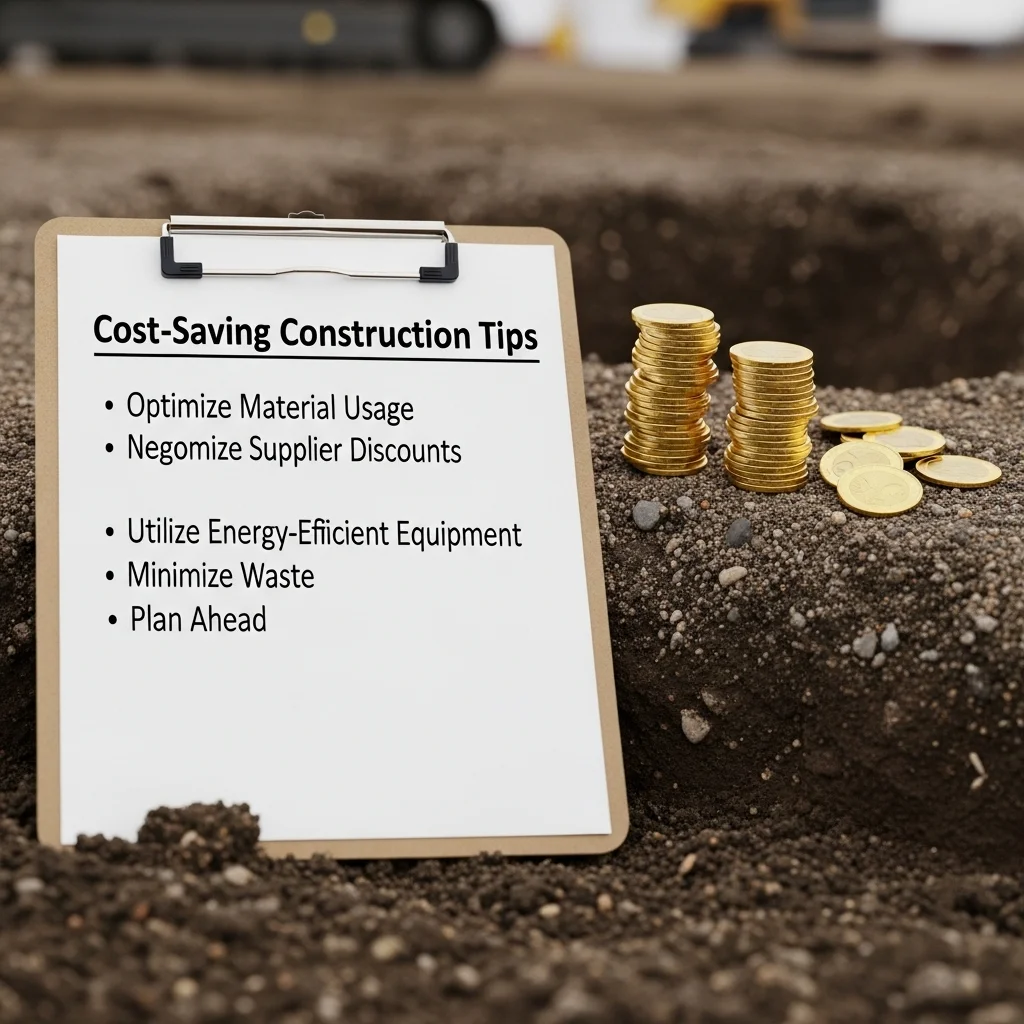
Concrete, actionable and ready to use.
Invite the environmental authority to the table early to avoid duplicate drilling.
Request an exemption for lightly contaminated soil if the intended use allows it; it cuts expensive disposal costs.
Combine geotechnical CPTs with environmental boreholes. One machine visit is cheaper than two.
Use regional PFAS standards instead of national maxima; Limburg has its own thresholds already applied by municipalities.
Ensure the report allows for adaptive remediation – if legislation changes, adjustments are easier.
Critical notes on standard methods
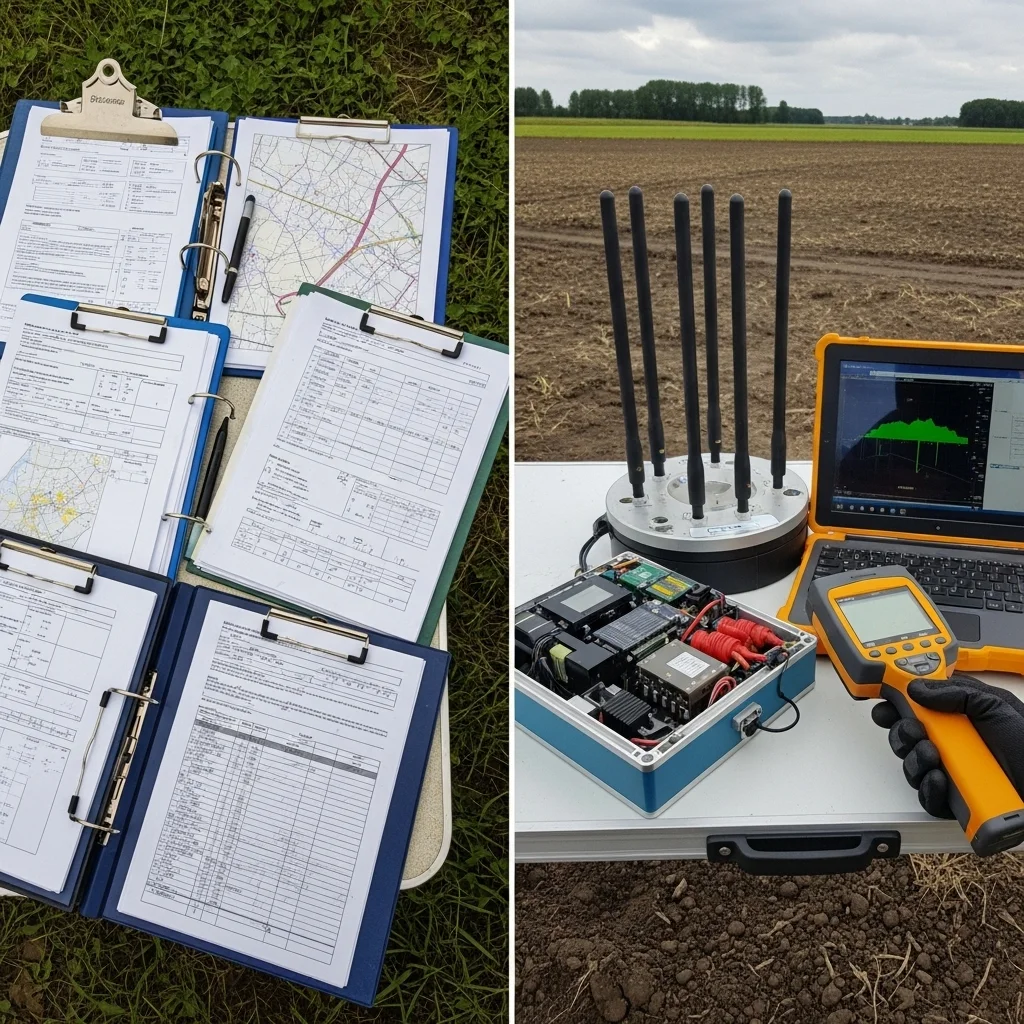
Not every protocol suits every location.
Soil investigation under NEN 5740 is essential, but following it blindly can lead to over- or under-investigation. In Maastricht city centre, for example, rubble layers disturb sonar; hand augers give better results there.
Alternatives
• Spectral gamma measurements for a rapid indication of metals. • Ground radar at former railway sites where archaeology is expected.
Clients sometimes hesitate about additional methods, so we always substantiate the added value with concrete numerical examples, not guesswork.
Which permit do I need for soil investigation in Limburg? 🙂
A separate permit is usually not required for the investigation itself, but notification may be mandatory for boreholes deeper than 5 m or within flood-defence zones. We handle the application or notification to the water authority and municipality.
How long do the laboratory analyses take? ⏱️
On average ten working days. PFAS analyses can sometimes be faster, but during peak periods they may take a few days longer. We reserve lab capacity in advance to keep delays to a minimum.
Is a historical desk study compulsory? 🤔
Yes, for every exploratory investigation under NEN 5740. It may feel bureaucratic, but it often saves money because measurements are more targeted.
Can I build while remediation is still ongoing? 🏗️
Sometimes yes. Phased remediation – first remove hotspots, then prepare for construction – is accepted by municipalities as long as risks are controlled. We arrange the safety plans and monitoring.
What does a soil investigation in Limburg really cost? 💶
Costs depend on location, number of boreholes and analysis package. A meadow in Peel en Maas is cheaper than an inner-city plot in Heerlen with rubble and utilities. We always provide a range with transparent cost items.
What about PFAS standards; do they not change every month? 😓
The standards evolve, but not every month. Limburg follows the national Soil Quality Decree and publishes updates in advance. We monitor those updates actively and adjust investigation strategies in good time.
Do I also need to look at groundwater? 💧
For deep foundations, basement construction or sites near surface water, groundwater investigation is strongly recommended. Contaminated groundwater can migrate and still pose risks.
Can I share my report with investors? 📑
Please do. Alongside the full report we supply a concise investor summary that clearly outlines risks, budget impact and scheduling.
What if asbestos turns up unexpectedly? 😷
Then we carry out an additional asbestos investigation. Certified field teams are deployed so delays are limited and you meet all safety guidelines.


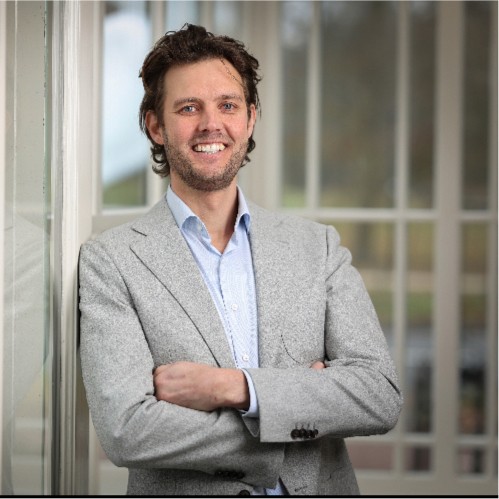







.webp)
